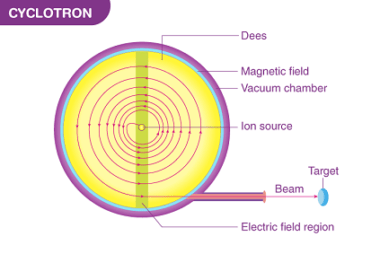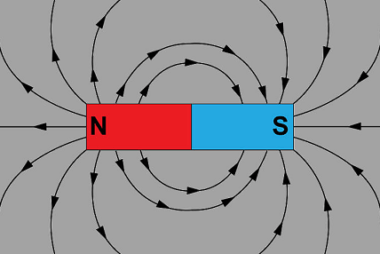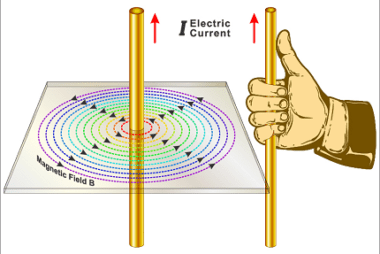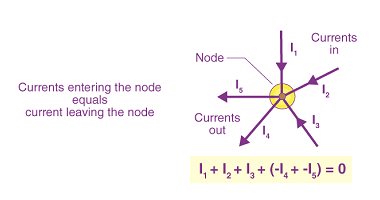Advance Course AIIMS-SYLLABUS Physics syllabus Current loop as a magnetic dipole
Current loop as a magnetic dipole A current loop can behave like a magnetic dipole, exhibiting magnetic properties similar to those of a bar magnet. When a current flows through a loop of wire, it generates a magnetic field around it. This magnetic field is a result of the circular path of the current and…









